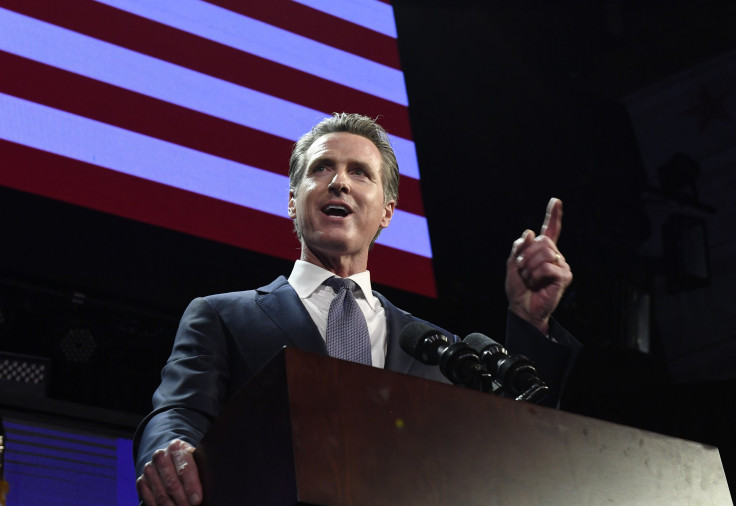California’s Stimulus Checks Could Push Gas Prices Even Higher

California's bill that sends taxpayers refunds to cope with the soaring gas prices may not solve the problem the government helped create. Instead, it could make it worse by pushing gas prices even higher.
It's like throwing "fire on the fire of gasoline," according to Dan North, a senior economist at Allianz Trade.
California is an unusual state in many respects. It taxes its residents heavily, which helps create government budget surpluses. And it has many regulations, which raise the cost of essential products residents buy, like gasoline, which is roughly 30% more expensive than the national average. That makes California one of the most expensive places to live in the nation, a situation that worsened with the recent resurgence of inflation.
But some help is underway. Last week, the California government passed a bill that will send 17.5 million stimulus checks. In theory, that's a good policy. It will send some of the state funds to the taxpayers it took from in the first place and help them pay for the soaring household bills.
In practice, this policy may turn into a wrong approach, as it fails to address one of the critical drivers of California's record-high gas prices. The many state regulations add to the cost of gasoline and push prices well above the national average. In addition, stimulus checks help accommodate what economists call demand-pull inflation, one of the drivers behind the resurgence of inflation at the federal level.
"Every policy, including this one, has both a cost and a benefit," North told International Business Times. "There is no free lunch in economics. Let's presume that all of the $17 billion was used to purchase gasoline -- that would be a 47% increase in the amount of money chasing the limited supply of gasoline. That's like throwing gasoline on the gasoline fire. This plan could actually raise the price of gasoline. That's the cost of this policy."
What if Californians spend the refund on things other than gasoline? North doesn't think the money will bring significant relief as it is just 1% of California's total annual personal consumption expenditures.
As to why gas prices are so high in the first place, North has a simple answer.
"California has more taxes, regulations, and less available supply," he said. "The California state excise tax on gasoline is $0.511/gal compared to the national average of around $0.29/gal. Regulatory fees include a cap and trade program, a low carbon fuel, and an underground storage fee. California also requires a unique blend of gasoline, which only a limited number of refineries can produce, adding to costs. The government is driving up the cost, not so much businesses."
North thinks that the state refunds are a great deal for politicians rather than for Californians.
"A policy with little cost from the budget, the potential to raise gasoline prices, and provide little overall economic relief,” he said. “However, it has the great benefit for politicians of making it look like they are doing something."





















